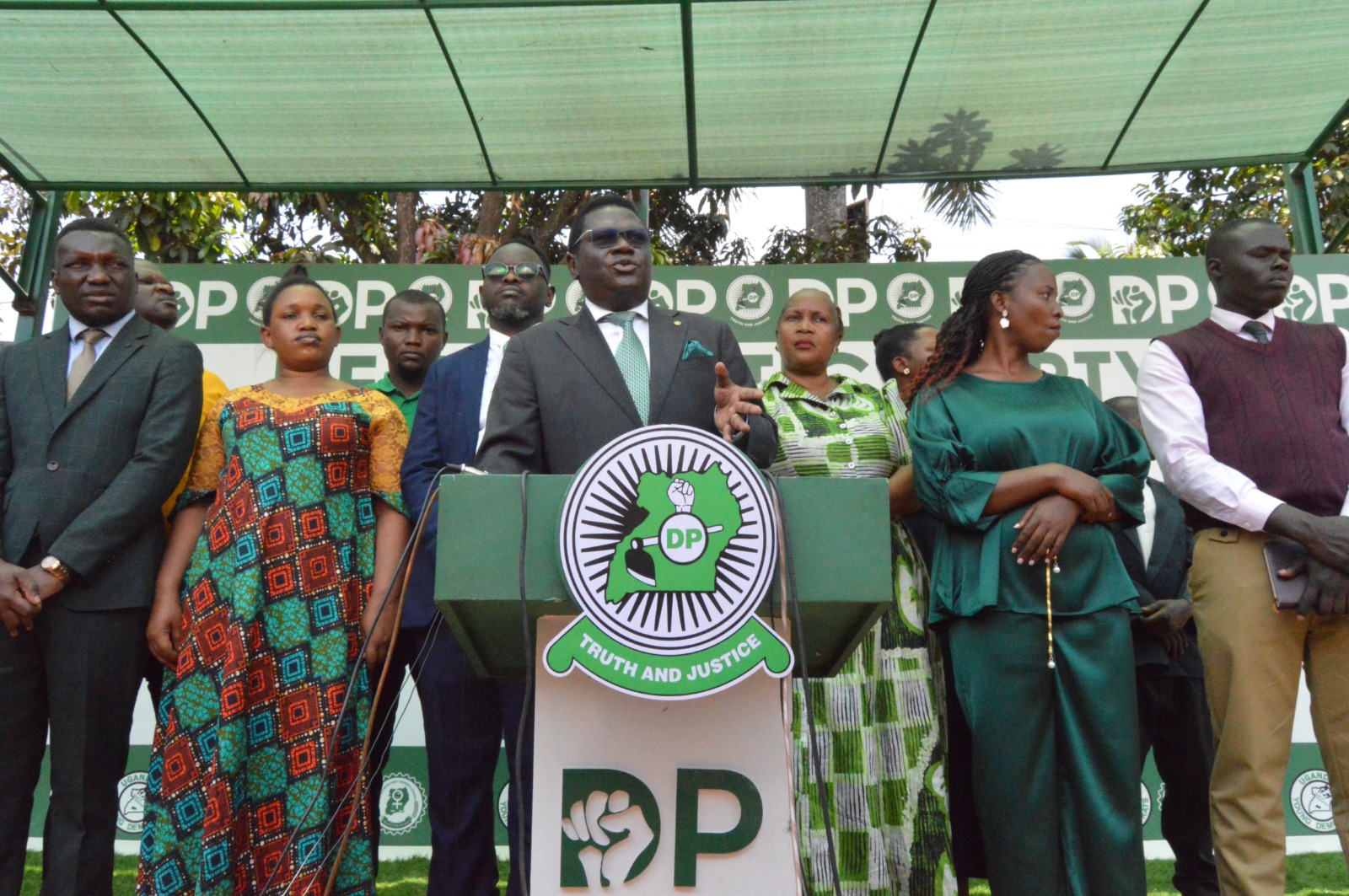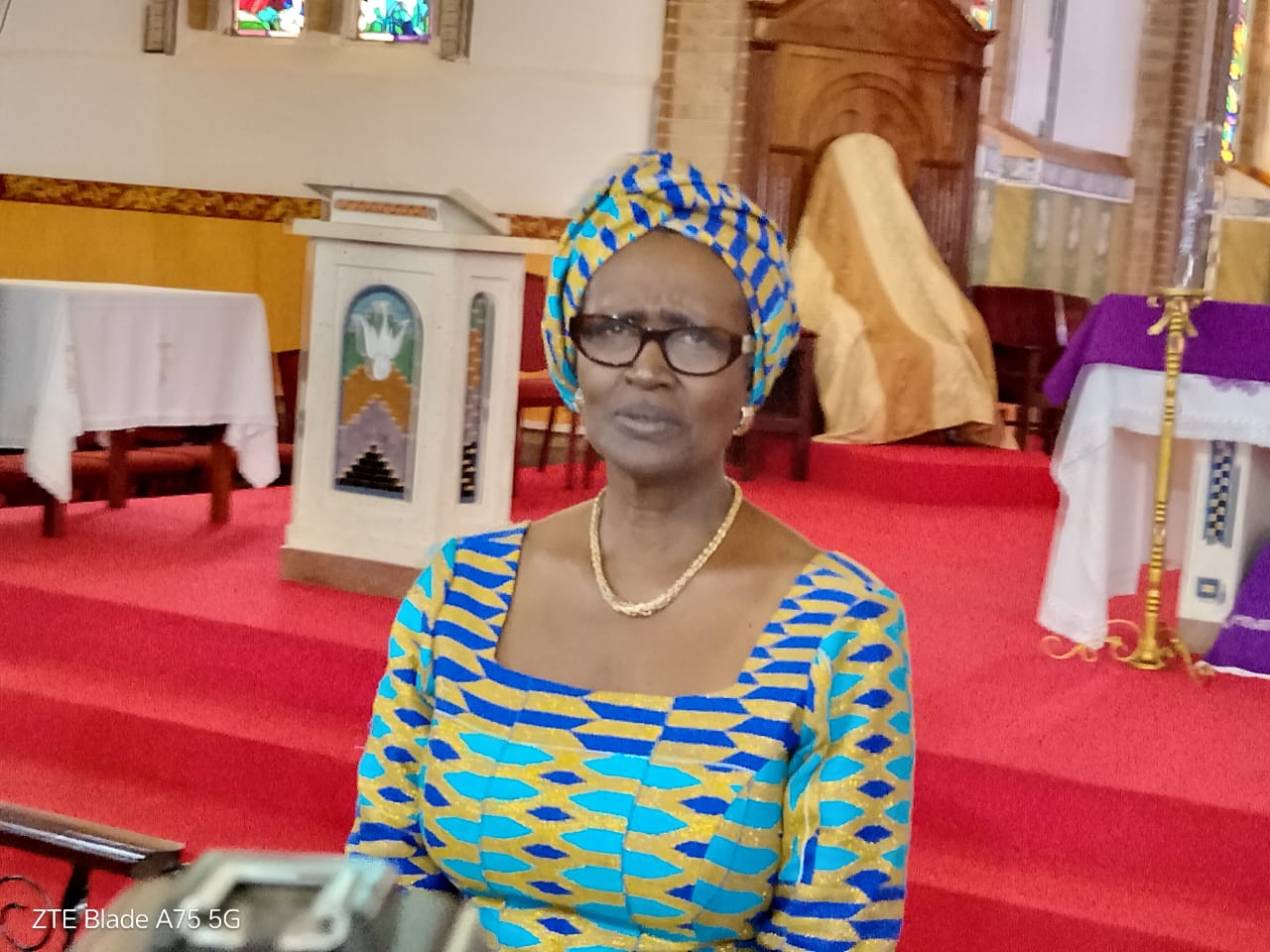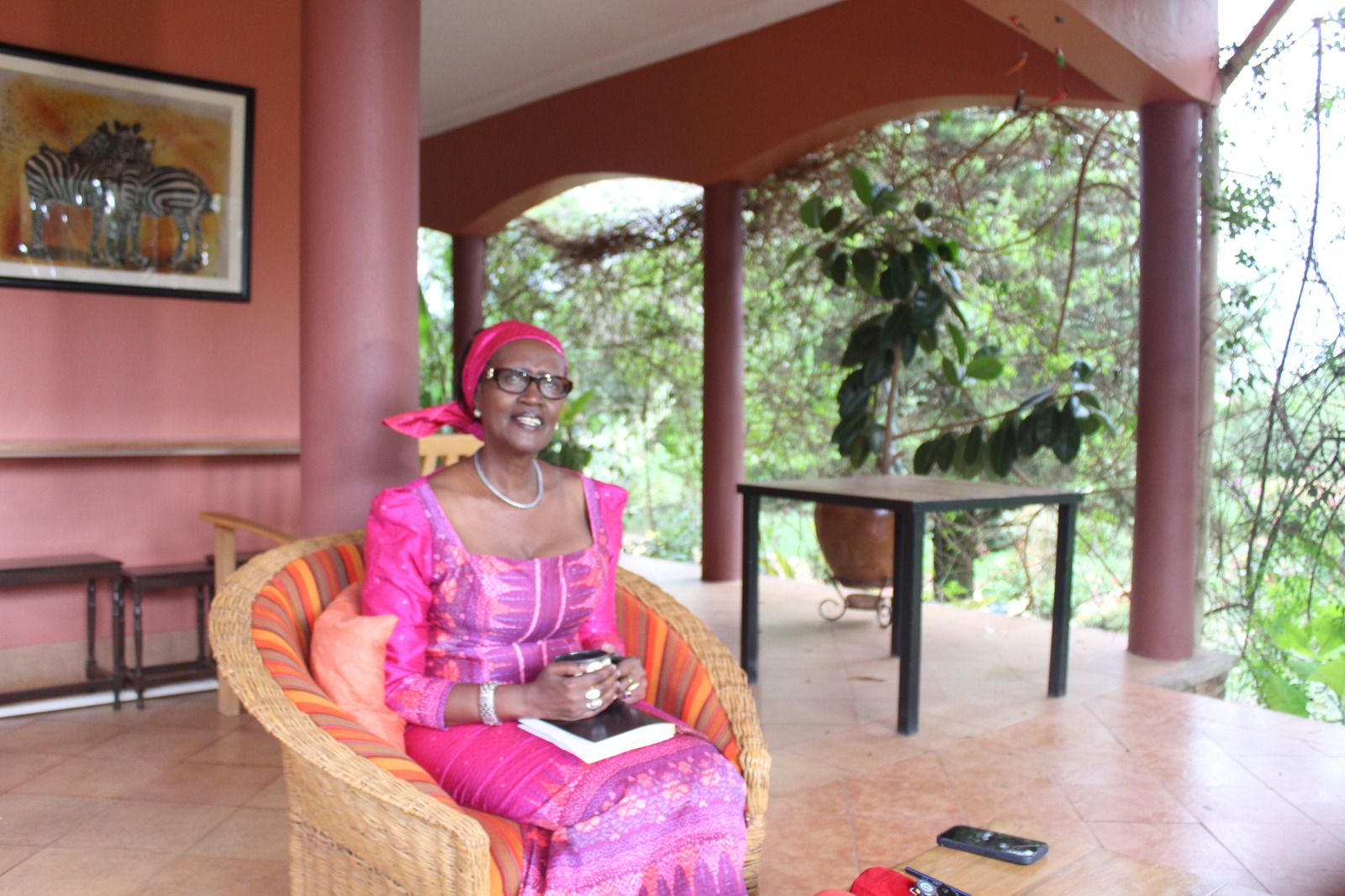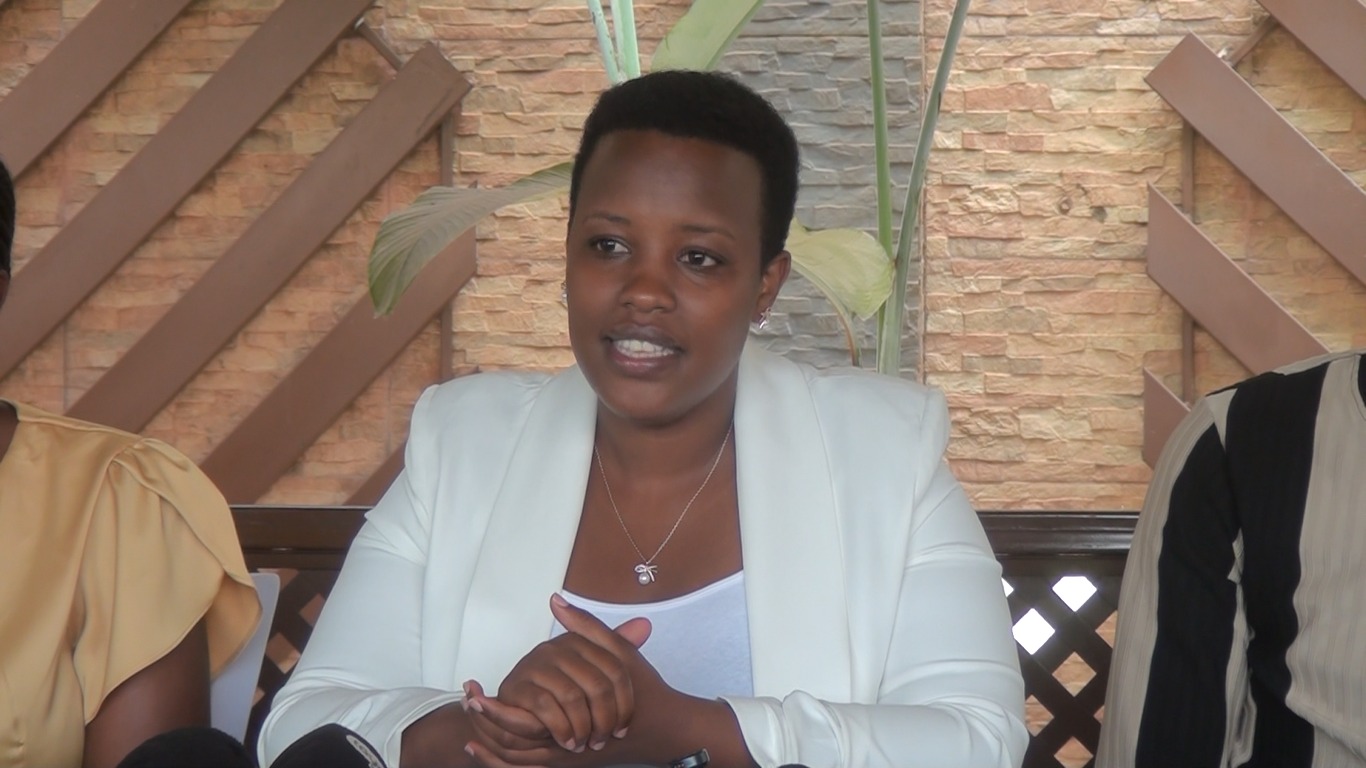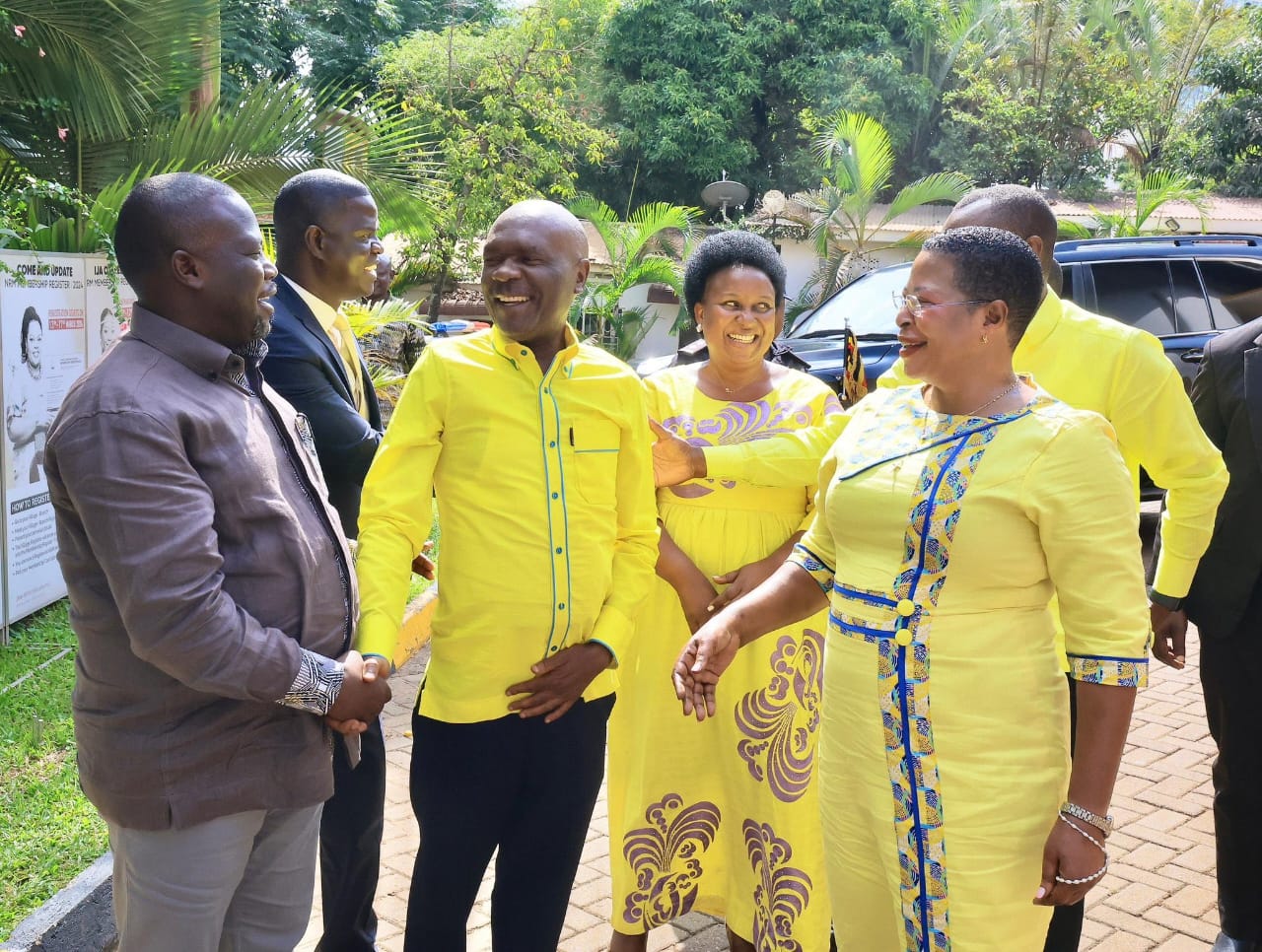Norbert Mao, the minister of Justice and Constitutional Affairs, has announced that the government is developing a new law on biometric voter verification to address vote rigging and other electoral fraud challenges affecting the electoral processes.
Speaking to Bbeg Media at the Democratic Party (DP) headquarters on Balintuma Road in Kampala, Mao emphasized the importance of the proposed law.
“There is no need to complain about electoral reforms when many Ugandans still lack the political culture to respect existing laws,” he stated.
Mao explained that the biometric voter verification law aims to eliminate issues such as ghost voters in the voter register, a significant problem in previous elections. He expressed confidence that the law would pave the way for free and fair elections in 2026. [Watch Video Interview]
The minister also called for a new political culture in Uganda, one free from radicalism and tribalism, advocating for reconciliation and open, genuine discussions about the country’s political transition after President Museveni.
“This will lay a strong foundation for a smooth political transition,” he noted.
Mao highlighted the DP’s strategy to focus on mobilizing and organizing in regions beyond the central region, where he believes the masses are more receptive to the party’s democratic message of truth and justice.
He accused some Buganda leaders of undermining his leadership by portraying the DP as a regional party, which he warned risks its nationalistic agenda. “I cannot work with people who hold a divergent vision while in the same party,” he asserted.
Addressing the exodus of disgruntled DP leaders to other parties, Mao labeled their actions as betrayal, especially at a time when the party needs unity. He urged them to emulate his example from 2006 when, after losing to the late Ssebaana Kizito at the Namboole Delegates Conference, he remained loyal and led Kizito’s presidential campaign.
Responding to criticism over his cooperation agreement with the National Resistance Movement (NRM), Mao dismissed his detractors as lacking political experience and the skills to engage constructively with opponents. He argued that working with Museveni is essential to prepare for a smooth political transition.
“The Democratic Party is proud of producing brilliant democratic ideas and dynamism,” he said.
“We shall walk with people who share our vision and believe they will help us offer alternative leadership to Ugandans.”
Reflecting on his political journey, Mao recalled significant contests, including a heated race against the late Brig Noble Mayombo for the Makerere University Guild presidency in 1990 and another against former Northern Uganda minister Betty Bigombe. He noted that these experiences were more meaningful than the recent Mbarara contest, which he described as marred by noise.



